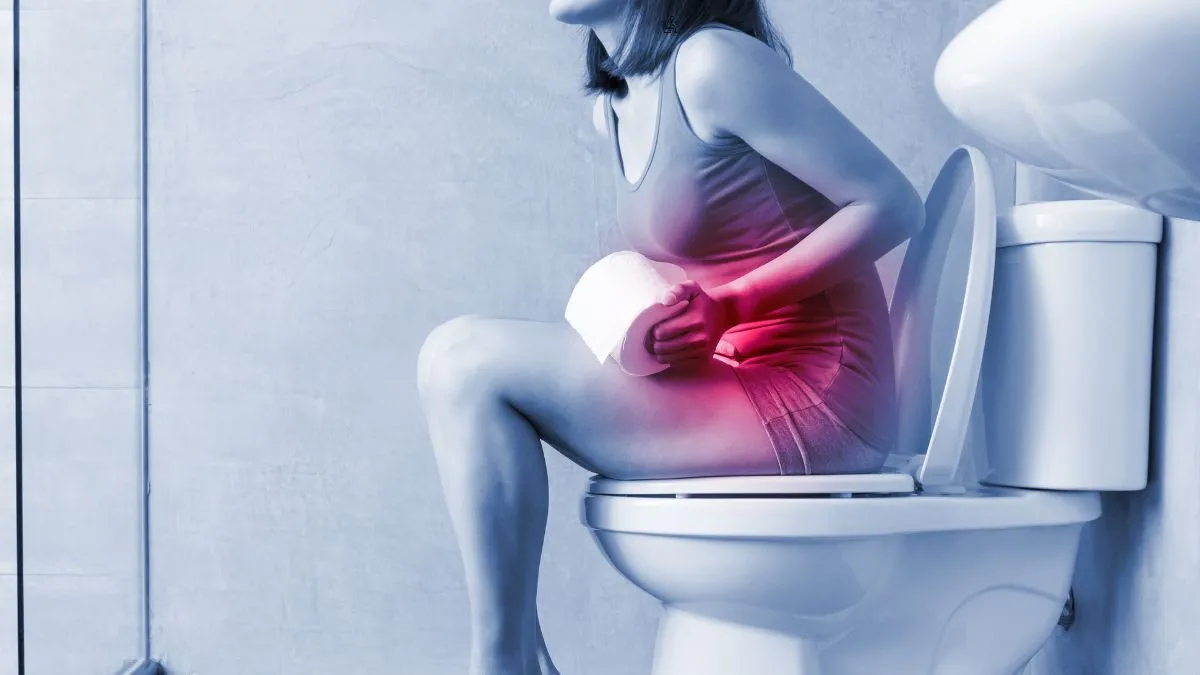- By Priyanka Munshi
- Tue, 11 Feb 2025 05:53 PM (IST)
- Source:JND
Can Piles and Fissures Lead to Cancer? Understanding the causes, symptoms, and risks associated with piles (hemorrhoids) and fissures is essential for better health management. Piles, also known as hemorrhoids, are swollen blood vessels in the rectum or anus that develop due to increased pressure in the lower rectum. Common causes include chronic constipation, prolonged sitting, pregnancy, obesity, and straining during bowel movements. Piles can be classified into two types:
- Internal piles – Located inside the rectum.
- External piles – Found around the anus.
Symptoms of piles include rectal bleeding, pain during bowel movements, itching, swelling, and discomfort. In some cases, external piles can develop painful clots (thrombosed hemorrhoids), causing severe pain and inflammation. In a conversation with Jagran English, Dr. Lakin Vira, General Surgeon at Apollo Spectra, Mumbai, addressed the question: Can piles and fissures lead to cancer?
What Are Anal Fissures?
According to Dr. Lakin Vira, an anal fissure is a small tear or crack in the lining of the anus, often caused by:
- Passing hard or large stools
- Chronic diarrhea
- Inflammatory bowel disease (IBD)
- Childbirth trauma
Symptoms of anal fissures include sharp pain during and after bowel movements, red blood in the stool or on toilet paper, itching, and a visible tear near the anus. Some fissures may become chronic, making healing more difficult and leading to persistent discomfort.
Many people mistakenly believe that piles or fissures can develop into cancer. Here, the expert clarifies the truth.
Can Piles And Fissures Cause Cancer?
No, piles and fissures do not cause cancer. People should avoid misinformation and seek expert medical advice for any concerns. The confusion arises because symptoms like rectal bleeding and pain can sometimes overlap with colorectal or anal cancer.
However, having piles or fissures does not mean you are at risk of developing cancer. It is essential to consult a doctor for an accurate diagnosis and timely management if symptoms persist or worsen.
Management And Prevention Of Piles And Fissures
Both conditions can be managed through lifestyle and dietary changes, including:
- Increasing fiber intake to soften stools
- Staying hydrated and drinking plenty of water
- Avoiding prolonged sitting and processed foods
- Taking warm sitz baths for pain relief
- Using topical treatments and pain relievers
- In severe cases, surgery may be necessary for long-term relief.
What Are It's Preventive Measures Include:
- Maintaining a fiber-rich diet
- Drinking adequate water
- Exercising regularly
- Avoiding straining during bowel movements
Seeking timely medical attention for persistent symptoms is crucial for improving overall health and quality of life.


